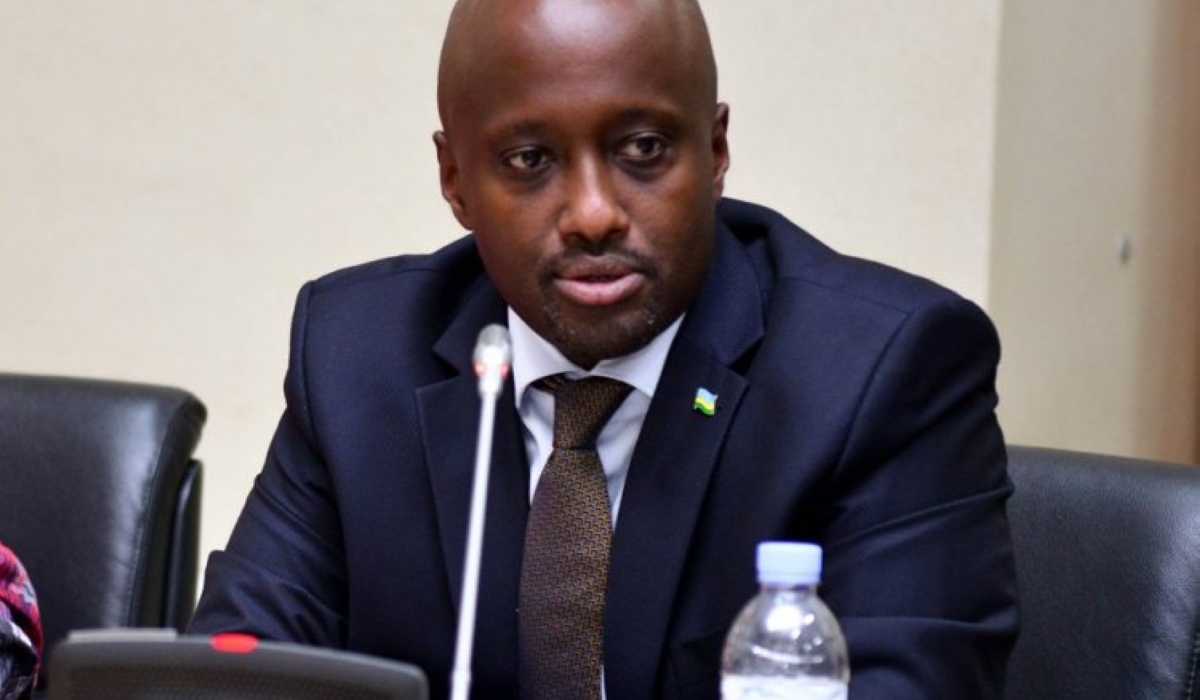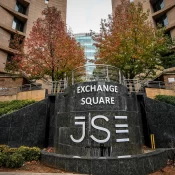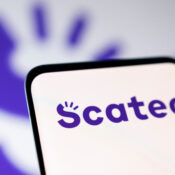
Washington discussions on the DR Congo crisis: Minister says talks for a practical, mutually beneficial peace deal begin on June 15
Rwandan and Congolese officials are set to meet in Washington on Sunday, June 15, to continue previous attempts to end the conflict in eastern Democratic Republic of the Congo, with a focus on tackling the underlying reasons of the region’s decades-long insecurity. However, no peace agreement will be signed during the meeting.
Rwanda’s Minister of Foreign Affairs and International Cooperation, Amb Olivier Nduhungirehe, explained this on Saturday in a post on X.
The minister responded to a report that Kigali and Kinshasa were getting ready to sign a peace agreement in Washington on Sunday by writing: “This Sunday, June 15, 2025, in Washington, no peace agreement will be signed. Although the original plan was to sign the deal at the White House in mid-June, the timeline had to be modified to accommodate the realities of the discussions.
Following a number of email conversations between Rwandan, Congolese, and US officials, in-person expert-level negotiations are now beginning in Washington. The goal is to negotiate a comprehensive, practical, and mutually beneficial peace deal that will be presented to heads of state for signature and approved by foreign ministers when it is ready.
In order to find a long-term solution to the insecurity that has long afflicted eastern Democratic Republic of the Congo, the US is facilitating negotiations between the governments of Rwanda and Congo.
After Rwanda and the Democratic Republic of the Congo signed the agreement’s declaration of principles in Washington on April 25, the US administration received contributions to the peace agreement from both countries on May 5. Rwanda and DR Congo signed a declaration of principles in Washington, D.C., which Nduhungirehe said in April “opens the door” to an accord that will bring sustainable peace in the Great Lakes Region and eastern DR Congo.
The minister warned at the time that if the true problems, the underlying causes that need to be addressed, such “security, as well as the return of refugees,” are not adequately handled, “shortcuts or quick fixes” will not alleviate the decades-old insecurity.
Over 200 armed groups are active in eastern Democratic Republic of the Congo (DRC), notably the FDLR, a militia supported by Kinshasa and made up of former perpetrators of the 1994 Rwandan Genocide against the Tutsi. This is the main cause of the conflict.
The gang has been committing acts of ethnic violence, particularly against Congolese Tutsi villages, and initiating cross-border incursions into Rwanda for years. These attacks have caused property devastation, injuries, and fatalities. The organization targets the Tutsi communities in Congo with hate speech and acts of genocidal violence. Because of this, around 100,000 Congolese refugees—some of whom have been in camps for more than 25 years—are currently living in Rwanda.
However, Rwanda is still accused by the Congolese government of aiding the AFC/M23 rebel group, which reappeared in 2021 as a result of Kinshasa’s inability to uphold previous peace accords that were primarily intended to guarantee the rights of persecuted Congolese populations.
Corneille Nangaa, the leader of the Alliance Fleuve Congo (AFC/M23) organization, listed four primary reasons last month for why his group is working to overthrow the Congolese government, one of which is poor governance. He said that the official institutions in what he called a failed state had collapsed, which was the cause of the crisis in eastern DR Congo.
The goal of AFC/M23 is to secure all Congolese citizens, uphold fundamental human rights, and deal with the underlying causes of conflict. Tribalism, nepotism, corruption, and the FDLR’s doctrine of genocide are among the vices that the insurrection has sworn to eradicate from the Democratic Republic of the Congo.
All Categories
Recent Posts
Tags
+13162306000
zoneyetu@yahoo.com


